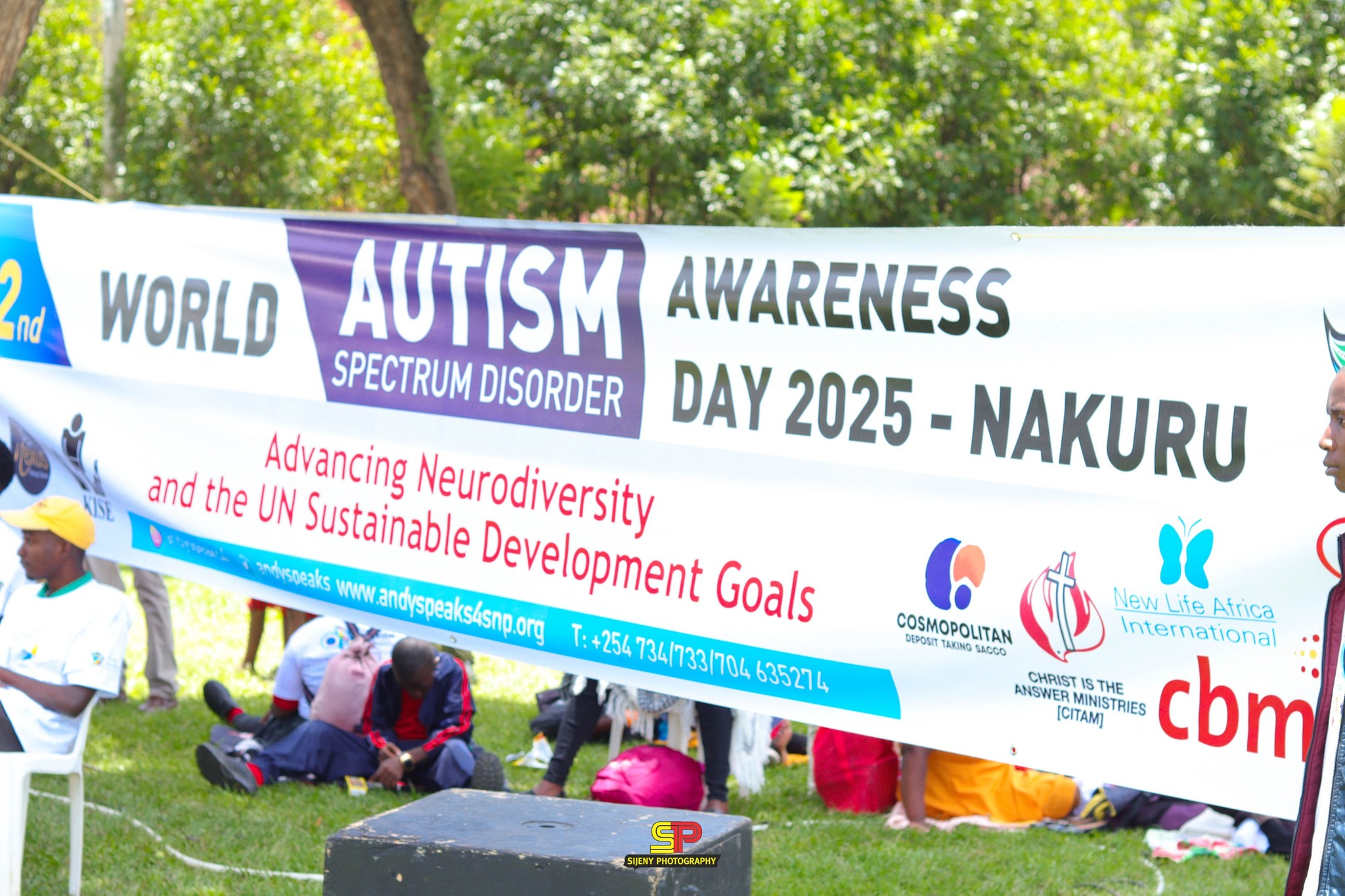Autism Awareness Month: Symptoms of ASD

Autism Spectrum Disorder (ASD) is a riddle that scientists are still puzzling together. With April being Autism Awareness Month, it is an excellent opportunity for individuals to gain a better knowledge of the various characteristics of ASD.
The goal is to comprehend the puzzle so thoroughly that we can assist each child in determining the best method for them to thrive, regardless of how the parts fit together.
This article aims to explore the diverse ways in which the symptoms of ASD manifest. For some, these symptoms appear as early as infancy, with limited eye contact, a lack of responsiveness to their name, or a seeming indifference to their mother.
In other situations, children may develop normally for the first few months or years of life, only to suddenly withdraw, become aggressive, or lose previously acquired language abilities.
According to health experts, social communication and interaction challenges are core features of ASD. Individuals with ASD may exhibit a range of difficulties in these areas. For instance, a child might consistently fail to respond to their name, giving the impression of hearing impairment, or they might prefer solitary play, seemingly retreating into their own world and resisting physical affection like cuddling. Poor eye contact and a lack of varied facial expressions further contribute to these social interaction difficulties.
Communication challenges are also prominent. This can manifest as delayed speech development, the loss of previously acquired language skills, or an inability to initiate or sustain conversations. Individuals with ASD may speak with an unusual tone or rhythm, repeat phrases without understanding their meaning (echolalia), or struggle to comprehend simple questions or directions. Expressing their own emotions and recognizing the emotions of others can also be difficult. Moreover, they may not engage in typical social behaviors like pointing or bringing objects to share interest.
Finally, navigating social interactions can be particularly challenging. Individuals with ASD might approach social situations in inappropriate ways, appearing passive, aggressive, or disruptive. They often struggle to interpret nonverbal cues, such as facial expressions, body language, and tone of voice, which are essential for successful social interactions.
PHOTO BY NCPWD (FACEBOOK)
Tags: Autism Awareness Month World Autism Awareness Day Autism Spectrum Disorder
Related
Share this article
Experienced and versatile writer, dedicated to using my exceptional writing and editing skills to inform and advocate. My work focuses on educating and entertaining readers on a range of topics, with a particular expertise in matters of disability.
View articles

